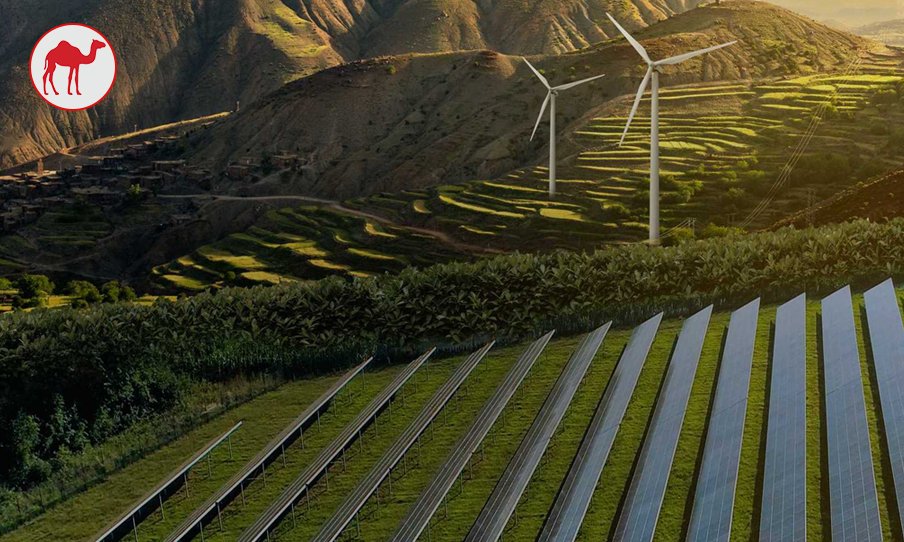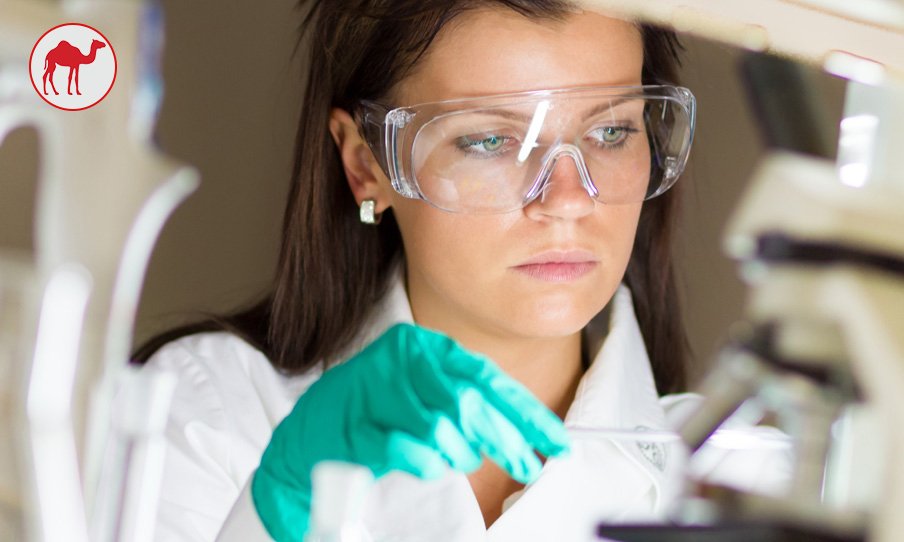Sustainable Living Green Initiatives in the Middle East That Are Changing the Game

When we consider the Middle East, what do we imagine? Vast expanses of golden sands, oil fields, and skyscrapers. But there is a quieter, more powerful revolution taking shape across the region, and it does not rumble with engines or shine with glass. It develops quietly in rooftop gardens, whirs through solar panels, and whispers through the wind turbines scattered across the horizon.
Yes, the Middle East is green. And not just greenwashing. Middle Eastern nations are now at the forefront of discussions regarding sustainability, clean energy, and climate accountability. But why the transformation? And how are they turning sustainable living into a reality in some of the world’s toughest climates?
Let’s take a look.
1. Why Sustainability Is More Important Than Ever in the Middle East
The Middle East has long struggled with environmental issues: water shortage, intense heat, rapid urbanization, and excessive dependence on oil. These dynamics, exacerbated by increasing global temperatures, have turned climate change into an irrefutable reality in the region.
Governments, companies, and individuals are starting to realize an essential truth: sustainability is not a fad, it’s a requirement. From food security to energy autonomy, the survival of the region hinges on greener, cleaner living.
2. UAE: Visionary Leadership and Solar Power
The United Arab Emirates has boldly advanced a greener tomorrow. It’s no longer just about towering skyscrapers, it’s about sustainable skyscrapers.
Masdar City: A Master Plan for the Future:
Construted along Abu Dhabi, Masdar City is planned to be the world’s most sustainable urban city. It employs:
- Solar energy for renewable power
- Intelligent architecture that minimizes heat
- Electric cars with autonomous controls to minimize emissions
- It’s not only a city, it’s a living test lab for generations to come.
UAE’s Net Zero by 2050 Target
UAE was the first Gulf nation to pledge net-zero emissions by 2050. The nation is investing seriously in renewable energy initiatives such as the Mohammed bin Rashid Al Maktoum Solar Park, one of the world’s largest solar parks.
3. Saudi Arabia: From Oil Behemoth to Green Behemoth?
Saudi Arabia may be famous for oil, but it’s rebranding itself.
The Green Saudi Initiative:
- Initiated in 2021, this ambitious initiative comprises:
- Planting 10 billion trees
- Getting 50% of its power from renewable resources by 2030
- Conserving marine and desert ecosystems
Saudi Arabia is investing in mass-scale solar and wind farms and working towards less fossil fuel dependency. Vision 2030, the country’s master development plan, centers around sustainability.
The Line: A Zero-Car, Zero-Carbon City
One of the most cutting-edge examples is The Line, a linear city constructed in NEOM, 170 km long with no streets and no cars, and powered by 100% clean energy. The objective? To provide a sustainable home for 9 million people in the desert.
4. Qatar: Greening the Global Stage
Qatar made the world sit up during the FIFA World Cup 2022, but also positioned itself as green.
Sustainable Stadiums and Public Transport:
- Stadium 974 was constructed out of shipping containers and is completely reusable.
- Metro lines and electric buses lowered emissions throughout the tournament.
Qatar’s National Vision 2030 emphasizes sustainable development in areas of water saving, waste, and renewable energy.
5. Oman and Jordan: The Silent Green Heroes
Though they don’t get as much press, Oman and Jordan are making consistent gains.
Oman: Waste and Water in Focus
- Oman investing in waste-to-energy initiatives
- Solar desalination is being tested to address water shortages
- The nation is targeting 30% of renewable energy by 2030
Jordan: Pioneering in Wind and Solar
- Jordan has emerged as the forefront clean energy nation in developing nations
- Around 20% of its energy is currently sourced from renewables
- It was among the region’s first nations to end fuel subsidies and invest in solar initiatives
6. Grassroots Movements and Eco-Startups
Green change is not solely being driven by governments. Throughout the Middle East, citizens and entrepreneurs are stepping up.
Eco-Friendly Startups
- In Lebanon, businesses such as Compost Baladi are composting organic waste
- In the UAE, The Concept is encouraging zero-waste living through refillable home products
- Egyptian startup Baramoda produces biofertilizers from agricultural waste
These small but significant efforts are enabling people to live sustainably more each day.
7. Education, Awareness, and Lifestyle Changes
Sustainable lifestyle is also about mindset change. Schools, universities, and media in the Middle East are encouraging:
- Climate learning
- Recycling behavior
- Water-conserving practices
- Locally grown and organic food purchasing
Influencers and brands are also getting involved. From green fashion to green architecture, sustainability is entering everyday life.
8. Challenges Still Ahead
Naturally, the road is not smooth sailing:
- Hot weather and dry soil make farming challenging
- Water scarcity still poses a significant threat
- Most economies remain oil-based
But the transformation is evident. What was unthinkable before, developing green land in deserts, is now an expanding phenomenon.
9. What You Can Learn from the Middle East’s Green Movement
You don’t need to reside in Dubai or Riyadh to draw lessons from the region’s green initiative. Here’s what we can learn:
- Innovation blooms in adversity
- There is no place that is “too difficult” to achieve sustainability
- Big change begins with small beginnings, be it one tree or one rooftop garden
- The Middle East shows us that change is possible, even in the most unlikely of places.
- The Middle East is rewriting the script. From oil fields to solar farms, from plastic waste to circular economies, the region is embracing change, not fighting it.
Sustainable living is no longer a luxury or a pipe dream. It’s an increasingly real landscape constructed by governments, businesses, and individuals who share the conviction that tomorrow must be better.
And so, one must ask, if the desert can bloom, what’s holding the rest of us back?

